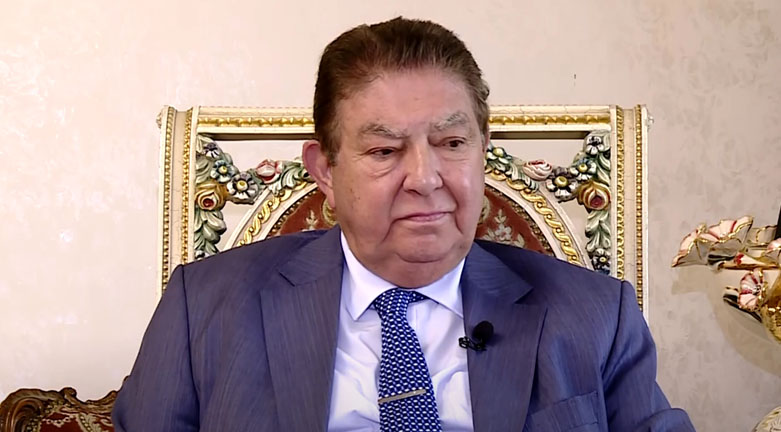Nearly 6,000 new companies established by KRG’s Ninth Cabinet
Khayat revealed that a new industrial zone is being built in Erbil. This zone will comprise approximately 6,000 acres for new companies to establish and operate in the future.

ERBIL (Kurdistan 24) – Dara Jalil Khayat, the President of the Erbil Chamber of Commerce and Industry, on Monday told Kurdistan 24 that nearly 6,000 new companies have been established during the four years of the Kurdistan Regional Government’s (KRG) Ninth Cabinet—of which are 150 foreign companies.
Khayat revealed that a new industrial zone is being built in Erbil. This zone will comprise approximately 6,000 acres for new companies to establish and operate in the future.
He added that during the Ninth Cabinet, trade movements, especially with Turkey, Iran, the Gulf countries, and the world, have increased significantly.
Moreover, under this Cabinet over 780 industrial and commercial factories valued at $1.75 billion were licensed, and 13,000 jobs were created in the Region.
More than 270 investment projects valued at $13.5 billion have been implemented in over 10 different sectors during the same period.
The Cabinet has been adamant about implementing its ministerial agenda despite political infighting and other obstacles, including the COVID-19 pandemic and a drop in oil prices, several KRG top officials have said on numerous occasions.
In a bid to improve the business climate and facilitate investment, the KRG Ninth Cabinet has recently launched its online Business Registration System. This slashes the cost of company licensing by over 80 percent, according to government officials.
Members of the Cabinet frequently tout the Region’s investment-friendly laws and how they have played a crucial role in developing rapid amounts of infrastructure compared to the rest of the country.
